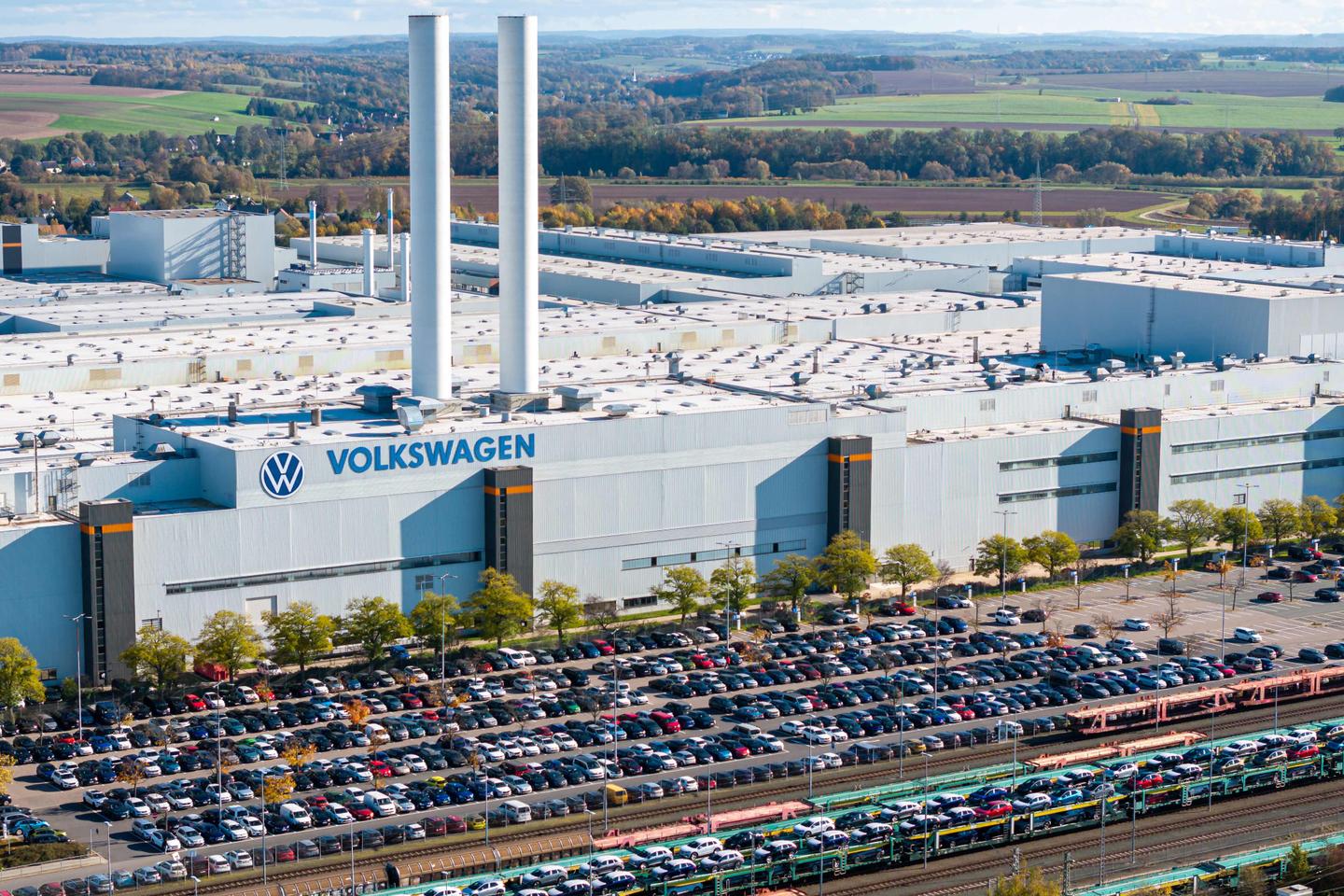


Germany is stagnating. GDP has flatlined since 2019. Exports are no longer growing. Car production is nearly 30% below its 2016 peak. The deeper drivers of this are structural: China has metamorphosed from growth market to export rival. The bet on Russian gas has backfired spectacularly. And with the second inauguration of Donald Trump, neither the US market nor a sudden deepening of globalization are likely to come to Germany's rescue.
A new wave of public and private investment is needed, then, to lower costs, boost productivity, and reorient the economy to new markets, products, and services. But at the same time, rising defense spending and mounting health care and pension costs put pressure on public and private budgets alike.
The economy is stuck, and there are no easy ways out. Like an ambitious youngster whose career plateaued in middle management, Germany is waking up to an ever-wider gap between aspirations and reality. Hopes turn into disappointments, choices into regrets – just mention the word "nuclear."
Quantitatively, this gap is significant. Stagnation started in 2019. By the end of 2024, GDP was €370 billion (roughly 9%) smaller than it would have been, had growth continued like in the 2010s. That is almost the size of Denmark's GDP.
Qualitatively, it is devastating. The Federal Republic's identity was built around economic success. From the 1950s on, it was the Wirtschaftswunder – Germany's "economic miracle" – that allowed West Germans to feel pride again. As a source of collective meaning, it came earlier and embedded itself deeper than other elements of West German identity, like Vergangenheitsbewältigung ("coming to terms with the past") from 1968 on, or Umweltschutz ("environmental policy"), prominent since the 1980s and the rise of the Greens. This centrality was both echoed and reinforced by reunification. After the fall of the Berlin Wall, East Germans quickly demanded a currency union: "f the Deutschmark comes, we'll stay. If it doesn't, we'll head its way," in other words, to West Germany.
You have 65.5% of this article left to read. The rest is for subscribers only.
